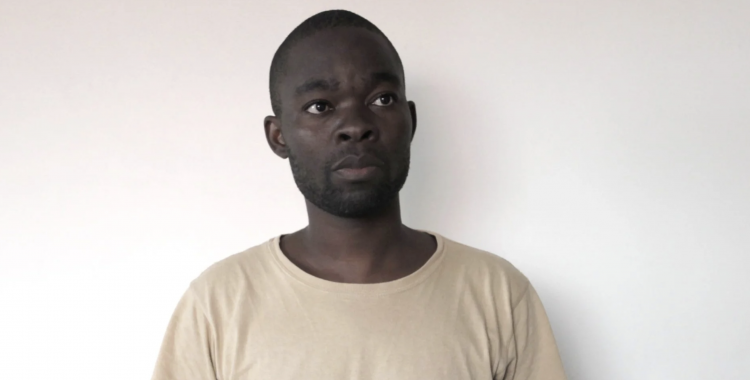For Domingos da Cruz, also a researcher and professor, debating in Angola whether or not the country is a democratic State under the rule of law "is a childish issue, it makes absolutely no sense and reveals an absence of individual and collective critical awareness."
"This debate should not be held about the existence, or not, of democracy in Angola because it is more than evident, from the point of view of comparative analysis in empirical terms, that Angola is not a democracy," said the activist.
The statements were made during the debate and presentation of the book promoted, in Luanda, by the Angola Press Observatory.
The author of the work, which analyzes the situation of press freedom and expression in Angola, attacks on freedoms, journalists and human rights activists in the country, participated in the meeting via videoconference from Canada.
Angola, he said, "does not fit into the level of political culture in which Ghana, Mauritius, South Africa, Zambia, Namibia are found, that is, Angola is not part of this club of democratic States and of law".
In the opinion of this activist of the well-known 15+2 process, those who "insist" on discussing or debating whether Angola is a democracy or not, only do it out of ignorance "what would be forgiven, or because they are comfortable with their own ignorance".
According to Domingos da Cruz, in a democratic society, "there must be a free press, all freedoms must be exercised, without posing risks to our own lives, to our physical integrity, without posing risks to the pursuit of opportunities."
"Because you are in a country where the use of freedoms puts your own life at risk, makes it impossible for you to ascend from an economic and social point of view and this reveals the inexistence of an open society, inexistence of a democratic and lawful State ", noted.
"There is only democracy where freedoms are not violated, where there is a vibrant civil society, where there is a truly independent judicial system, where there is a clear separation between religious power and political power," he added.
The book "Angola Muzzled – The Press at the Service of Authoritarianism", 153 pages, divided into four chapters, deals with the themes "On Liberal Democracy and Press Freedom", "Freedom of Expression and Press in the International Law of Rights Humans", "Freedom of Expression and of the Press in Angola" and "Cases of Violation of Freedom of Expression and of the Press".
Angolan psychologist Nvunda Tonet, commenting on the theme of the book at the meeting, lamented the "drastic reduction" in the country of private newspapers, also considering that the idea of greater freedom of expression and criticism in Angola "is illusory".
"The idea is that today everyone can speak, criticize, write on social networks, but all of this is illusory for our eyes, because if we look at specific data, who has access to the information?", he asked.
"We are talking about a country with serious asymmetries in access to information, which is a right, so we cannot have the idea that there is greater openness, there is greater access to information, even from the point of view of social control, it is easier (... ). There are no community radios, and that would, in a way, boost access to information," he said.
The academic and researcher in communication sciences Inês Amaral praised the courage and investigative aspect of the author of the book considering her theme as contemporary, especially because, she stressed, freedom of expression and press "must be considered in the field of public debate ".
"Democracy always depends on well-informed people, if people are or are poorly informed the decisions they take can have adverse consequences, in the same way that when a society is poorly informed, collective decisions can have disastrous effects", pointed out Inês Amaral, who participated in the meeting by videoconference.
Political scientist Olívio Nkilumbo lamented the "considerable regression" of freedoms in Angola, referring that the current Angolan Press Law "kills the country's press", because the Angolan regime "instead of being sophisticated is adventurous".
"I consider our regime to be adventurous because in Angola, unlike other regimes, we are not fulfilled (...). We have a civil society created by the regime itself to please it", concluded the professor.







